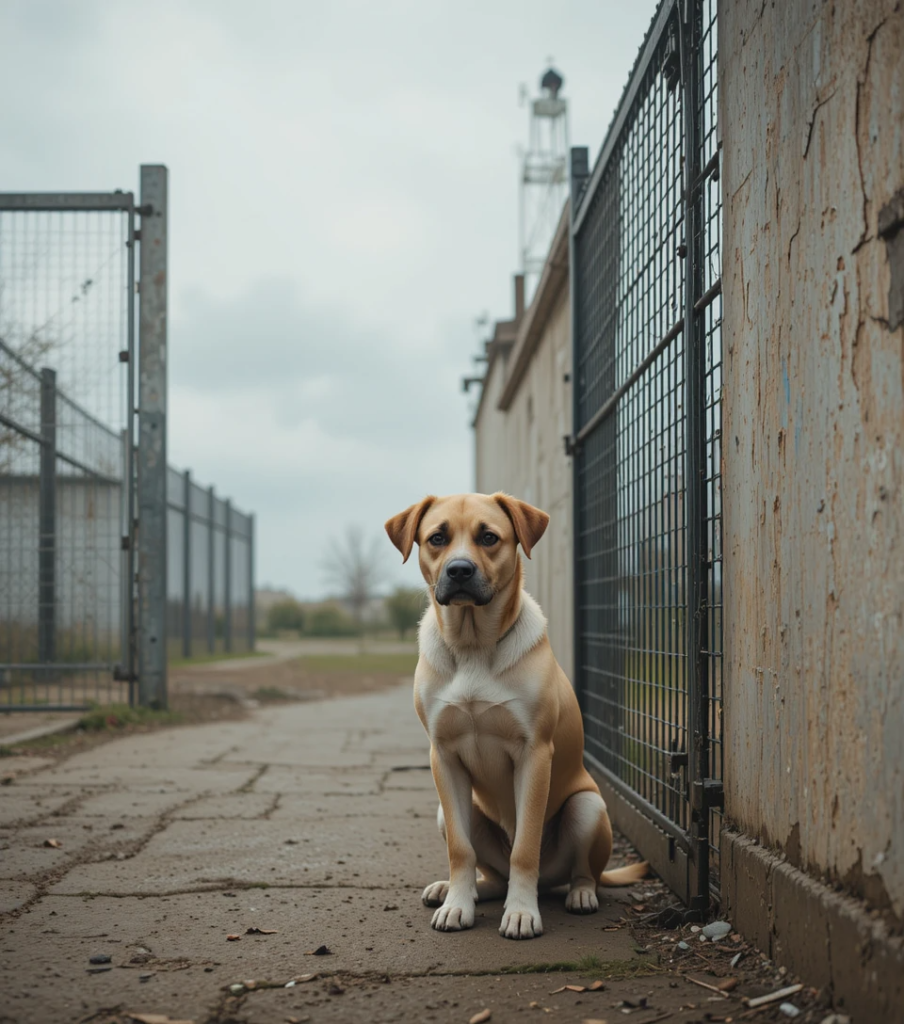🐾 Introduction: Unpacking the Famous Phrase
We’ve all heard it—“a dog is man’s best friend.” It’s a phrase loaded with warmth, comfort, and trust. But what lies beneath those familiar words? Is the bond between humans and dogs truly mutual, or is there a deeper, more emotional truth that’s often overlooked? In this article, we’ll explore the roots of this relationship, the science behind loyalty, the heartbreak of neglect, and what it really means to call a dog your best friend.
🦴 A Historical Bond Rooted in Survival

The friendship between humans and dogs didn’t happen overnight. Around 15,000 years ago, wolves began forming loose bonds with human tribes—drawn by food scraps and mutual benefit. These early relationships evolved through time, as humans bred wolves for traits like gentleness, obedience, and loyalty. Eventually, they became dogs: companions, protectors, and partners.
Dogs helped early humans hunt, guarded their homes, and offered emotional comfort long before the term “pet” existed. This deep-rooted history set the stage for the emotional connection we still feel today.
❤️ Loyalty or Dependency? The Emotional Complexity
Ask any dog owner and they’ll tell you their dog is loyal to the core. But is it true loyalty—or biological programming?
Canine behaviorists suggest dogs form strong attachments to their caregivers, much like infants to parents. Dogs rely on us for food, safety, and affection, which can sometimes blur the lines between love and dependency. Their loyalty is real, but it’s also tied to how we care for them. When nurtured right, it becomes an unbreakable bond. When abused or ignored, it becomes heartbreakingly tragic.
🌟 Heartwarming Stories That Prove the Bond
There are countless stories of dogs displaying loyalty beyond belief. Hachiko, the Akita from Japan, waited every day at a train station for his deceased owner—for nine years. In war zones, military dogs have laid down their lives for their handlers. Rescue dogs have pulled people from rubble after earthquakes, guided the blind, and brought comfort to children with autism.
These aren’t just “dog stories”—they’re living proof of the deep emotional connection dogs feel and express without words.
💔 When Dogs Are Let Down: The Other Side of the Truth

For every story of devotion, there’s one of betrayal. Millions of dogs are abandoned each year—left on the streets, tied to shelters, or neglected in backyards. The emotional toll on these dogs is real. Studies have shown that abandoned dogs experience anxiety, depression, and even physical illness from stress.
Despite their loyalty, many dogs are let down by the very humans they trust. The title “best friend” should never be given lightly—it comes with responsibility.
🧠 The Role of Dogs in Mental Health and Emotional Support
Dogs don’t just offer companionship—they heal. From therapy dogs that reduce PTSD symptoms in veterans to emotional support animals that calm children with anxiety, their impact on human mental health is profound.
Just petting a dog has been shown to lower blood pressure and boost oxytocin—the “love hormone.” For those suffering from loneliness, trauma, or grief, dogs often become lifelines.
🤔 Do We Deserve Dogs? Ethical Reflections
Calling a dog your best friend is easy. Living up to that title is harder.
True friendship involves empathy, protection, and care. Too often, dogs give all of themselves while asking for very little in return. As guardians, we must ask: Are we giving them the same love and security they give us?
Adoption, proper healthcare, positive training, and emotional presence are the least we can offer in return for their unconditional devotion.
🐶 Conclusion: Redefining ‘Man’s Best Friend’
So, is a dog really man’s best friend? Absolutely—but the truth goes deeper. Dogs offer a love that’s pure, powerful, and, yes, sometimes heartbreaking. They stand by us when no one else will. They love us at our worst. They forgive what we don’t deserve to be forgiven for.
But to truly honor that bond, we must stop seeing it as a one-way street. The phrase “man’s best friend” shouldn’t just reflect how dogs feel about us—but how we act toward them.
❓ 10 FAQs About the Human-Dog Bond
- Why are dogs considered man’s best friend?
Because of their loyalty, emotional intelligence, and long history of companionship with humans. - Do dogs really feel loyalty toward humans?
Yes, dogs form strong emotional bonds and show loyalty through behavior, routine, and protective instincts. - What are some true stories that show dog loyalty?
Hachiko, military dogs, and therapy dogs who refuse to leave their owner’s side are iconic examples. - Can dogs suffer emotionally when abandoned?
Absolutely. Dogs can experience stress, depression, and behavioral issues when abandoned or neglected. - How did the relationship between dogs and humans begin?
It started during prehistoric times, when wolves began living alongside humans for mutual benefit. - What makes dogs better companions than other animals?
Dogs are social, trainable, emotionally responsive, and have evolved to understand human cues and emotions. - Are therapy dogs scientifically proven to help humans?
Yes, studies show therapy dogs reduce anxiety, depression, and even improve heart health. - How do dogs show unconditional love?
Through constant companionship, forgiveness, physical affection, and their instinct to comfort during distress. - What responsibilities come with owning a loyal dog?
Proper care, positive training, regular vet visits, emotional presence, and lifelong commitment. - What should I consider before calling a dog my best friend?
Understand that it’s a deep, emotional bond requiring effort, empathy, and lifelong care.

